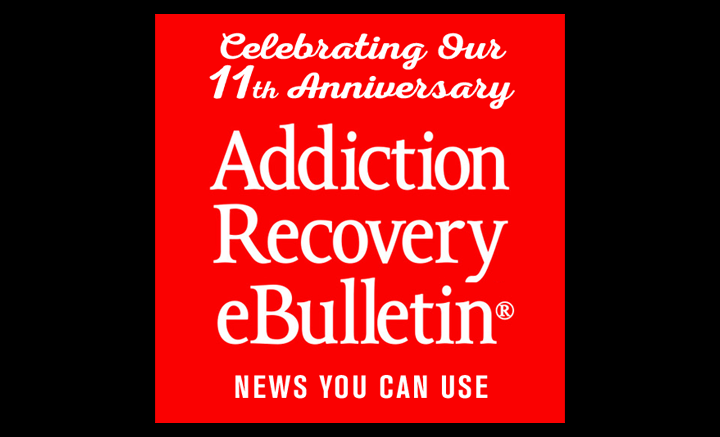TOO MUCH OF A GOOD THING –
DEC. 17, 2021 – While exercise addiction has not been accepted as a mental health disorder in the DSM-5, (“Diagnostic and Statistical Manual of Mental Disorders, 5th Edition”), researchers describe it as a behavioral addiction, or excessive behavior that results in adverse consequences. Similar to other addictions, a person with the addiction will be aware of the negative impacts of their behavior and consider these consequences, but they proceed with exercise anyways.
Based on the criteria for behavioral addiction, exercise addiction is characterized by:
Tolerace: Increasing the amount of exercise to feel the desired effect, be it a “buzz” or a sense of accomplishment.
Withdrawal: In the absence of exercise, the person experiences negative effects such as anxiety, irritability, restlessness, and sleep problems.
Lack of control: Unsuccessful attempts to reduce exercise level or cease exercising for a certain period.
Intention effects: This is when a person is unable to stick to their intended routine. A person may consistently exceed the amount of time they plan on exercising.
AND MORE!!!!



